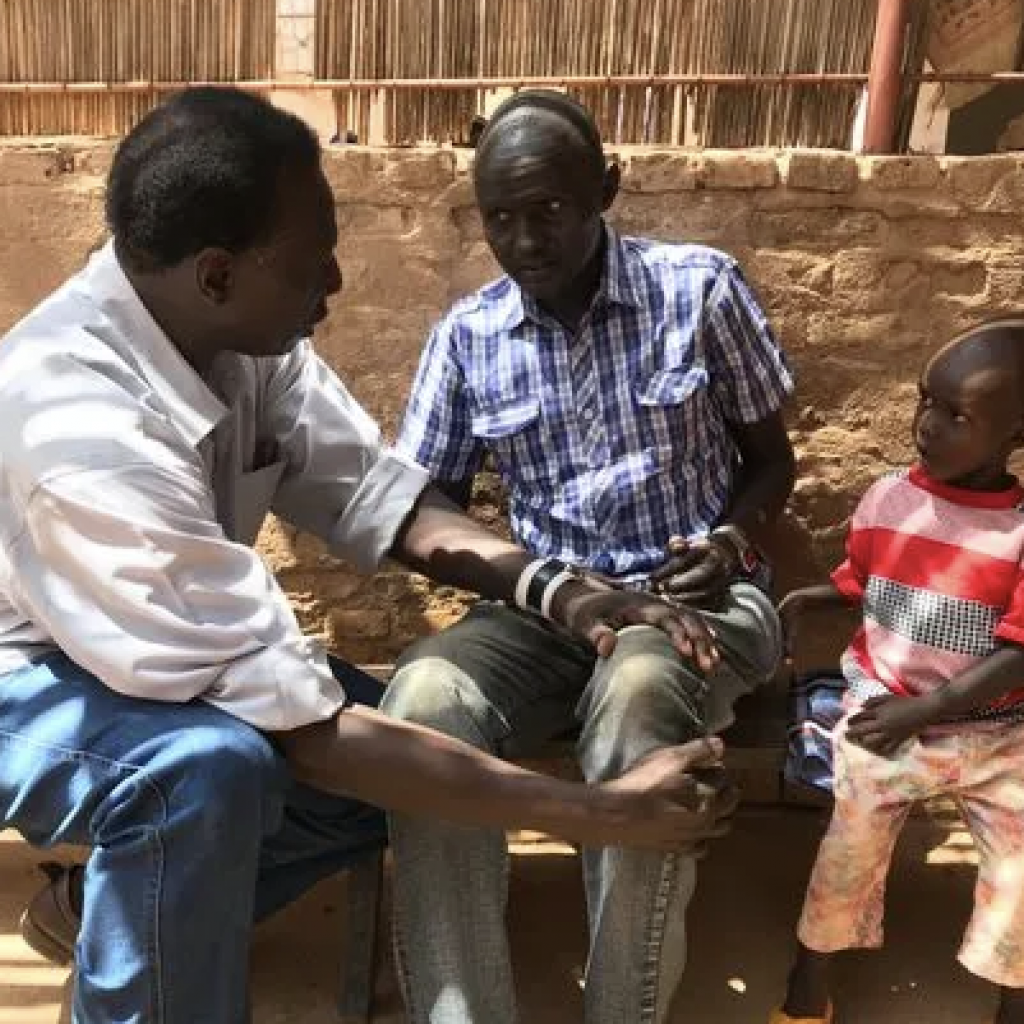Massive open online course (MOOC) on implementation research: infectious diseases of poverty
Course details
About this course
Implementation research (IR) is important for designing strategies or solutions to overcome bottlenecks that prevent proven and innovative public health interventions from reaching the people who need them. This ensure that these interventions are used in a manner that results in the outcome for which they were intended. Such solutions include how to overcome barriers to adoption of drugs, diagnostics or preventive measures that improve health for people at risk of malaria, tuberculosis, NTDs or other infectious diseases. IR can help to ensure that health solutions reach the people who need them and are used in ways that generate intended results.
This course is a step-by-step online training for public health researchers and decision-makers, disease control programme managers, academics and others that focuses on how to design and demonstrate robust IR projects to improve control of infectious diseases of poverty and generate better health outcomes.
Experts guide participants through the core concepts of IR, including modules that address how to:
- Identify the challenges of various health settings.
- Assess the appropriateness of existing disease control strategies.
- Develop new interventions and strategies by working with communities and stakeholders.
- Specify IR questions.
- Design rigorous research projects. This includes how to identify IR outcomes, evaluate effectiveness, and make plans to scale-up implementation in real-life settings.
The goal of the course is to build capacity in how to identify the challenges of various health settings, assess the appropriateness of existing strategies, and develop new interventions and strategies by working with communities and stakeholders.

